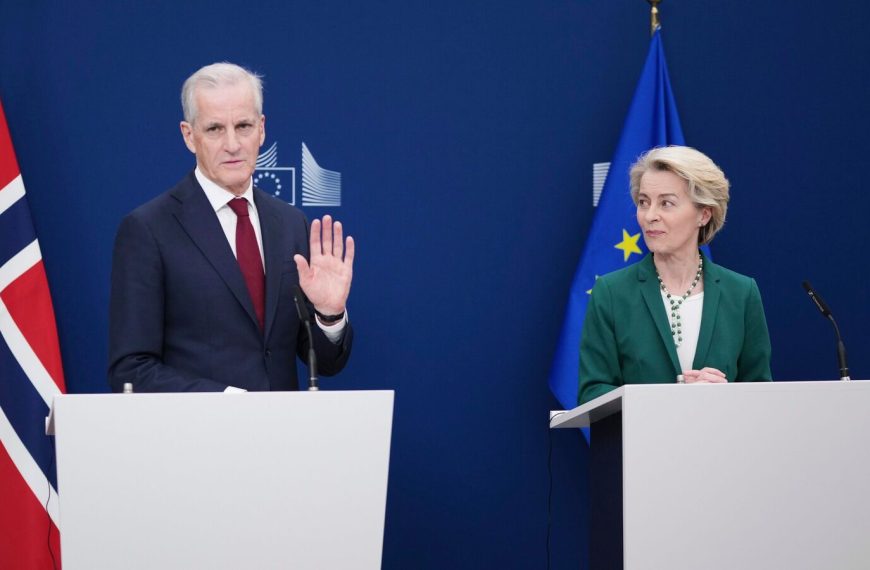British finance minister Rachel Reeves is facing a challenging economic landscape as she prepares for her upcoming budget update. Committed to her fiscal goals, Reeves is signaling potential austerity measures to align public spending with tax revenues. This comes in light of slower economic growth and increased borrowing costs, which have complicated her plans.
Reeves’ Commitment to Fiscal Responsibility
In her comprehensive budget introduced last October, Reeves aimed to reassure investors about her management of public finances. She established a crucial rule to balance day-to-day spending with tax income by the end of the decade. However, recent global economic shifts, including rising interest rates and trade tensions stemming from U.S. tariff policies, have placed additional pressure on her fiscal strategy.
Navigating Economic Challenges
"The world has changed significantly, and we need to adapt," Reeves stated in a recent interview with Sky News. She emphasized her commitment to adhering to her fiscal frameworks while addressing the evolving economic conditions. Despite the challenges, Reeves is optimistic about maintaining public spending increases that outpace inflation throughout the current parliamentary term, which lasts until 2029.
Potential Spending Cuts Ahead
On the topic of budget adjustments, Reeves hinted at the necessity for strategic spending cuts. She believes the government could reduce public sector employment by 10,000 jobs as part of a broader spending restraint initiative. According to sources within the cabinet, Reeves is exploring ways to achieve savings exceeding £2 billion (approximately $2.58 billion) annually by the decade’s end.
- Key Points:
- Public sector job reductions of 10,000 could be implemented.
- Aiming for savings of over £2 billion annually.
- Public spending projected to grow at a rate above inflation.
Reeves acknowledged that the increase in civil service roles during the COVID-19 pandemic was necessary. However, she argues that retaining these elevated numbers indefinitely is not sustainable. "We must prioritize our spending effectively," she remarked, underlining the need for targeted investments in key areas.
As Reeves navigates this tumultuous financial terrain, her ability to balance fiscal discipline with necessary public investment will be closely watched by both investors and the public alike.











